Russian President Putin holds talks with Slovak Prime Minister Robert Fico in Moscow
Russian President Putin Holds Talks with Slovak Prime Minister Robert Fico in Moscow
In a significant diplomatic development, Russian President Vladimir Putin has held talks with Slovak Prime Minister Robert Fico in Moscow. This high-level meeting comes at a time of heightened geopolitical tensions in Europe, with many eyes on the evolving relationship between Russia and Slovakia, a key European Union (EU) member state.
The talks between the two leaders are seen as crucial for deepening bilateral ties and addressing a range of political, economic, and security concerns. Slovakia, as a member of both the EU and NATO, has a complex relationship with Russia, particularly in light of ongoing tensions between Russia and the West. The outcome of these discussions could have implications not only for Russia-Slovakia relations but also for broader European geopolitics.
Context of the Meeting
The meeting between President Putin and Prime Minister Fico is particularly noteworthy given the current climate of international relations. Russia’s actions in Ukraine, its strained relationship with NATO, and its growing influence in Eastern Europe have made Russia a central point of discussion in European capitals. Slovakia, which shares a border with Ukraine and has deep historical, cultural, and economic ties to Russia, finds itself in a delicate position.
Since Fico became prime minister again in 2024, his administration has been characterized by a nuanced approach to foreign policy. Fico, who has previously expressed a more favorable view of Russia compared to some of his counterparts in the EU, is believed to be seeking ways to balance Slovakia’s obligations to the EU and NATO with the economic and strategic interests it shares with Russia. His visit to Moscow, therefore, is seen as part of a broader effort to maintain and strengthen Slovakia’s relationship with Russia while navigating its role in the EU and NATO.
Key Issues on the Agenda
Several critical topics are expected to have dominated the discussions between Putin and Fico during their meeting. These include energy cooperation, economic relations, and regional security concerns. Below are some of the key areas likely covered during the talks:
- Energy Cooperation
Slovakia has long depended on Russian energy exports, particularly natural gas, to meet its energy needs. In recent years, however, Europe has been working to reduce its reliance on Russian energy supplies, particularly in the wake of Russia’s invasion of Ukraine. Despite these efforts, Russia remains an important energy partner for Slovakia. In light of the ongoing energy crisis exacerbated by the war in Ukraine, the two leaders may have discussed ways to secure stable energy supplies for Slovakia, including potential deals on gas transit, pipelines, and other energy infrastructure projects. - Trade and Economic Relations
Economic ties between Russia and Slovakia have historically been strong, with Slovakia exporting goods to Russia and receiving raw materials in return. However, these economic relations have been under pressure due to EU sanctions against Russia, which have impacted trade in certain sectors. Putin and Fico likely discussed ways to navigate these sanctions and explore avenues to enhance economic cooperation despite the restrictions. The two countries may have explored new trade agreements or investments in sectors such as manufacturing, technology, and infrastructure. - Ukraine Conflict and European Security
One of the most pressing issues for both Russia and Slovakia is the ongoing conflict in Ukraine. While Slovakia has been supportive of Ukraine in the international arena, it is also concerned about the broader security implications of the war. Slovakia, being a NATO member, has been involved in providing military aid to Ukraine, but it is also cautious about the potential escalation of the conflict and its impact on regional stability.During the talks, Putin and Fico may have discussed the situation in Ukraine and its broader implications for European security. Fico, in particular, may have sought to understand Russia’s position on the conflict and explore potential avenues for de-escalation or dialogue. Slovakia, while committed to its NATO obligations, also has a vested interest in ensuring that the war does not spill over into a broader regional conflict.
- EU Relations and NATO Membership
Slovakia’s membership in the EU and NATO is another complex factor in its relationship with Russia. While Slovakia has been an EU member since 2004 and a NATO member since 2004, it maintains a pragmatic approach to its foreign policy, seeking to balance its EU and NATO commitments with its historical ties to Russia. Fico’s government is likely to face pressure from both Brussels and Washington to align more closely with Western policy on issues such as sanctions against Russia and support for Ukraine. The talks between Putin and Fico may have addressed how Slovakia can navigate this complex geopolitical landscape.
Russia-Slovakia Relations: A Historical Overview
The relationship between Russia and Slovakia has always been shaped by history, geography, and politics. Throughout the 20th century, both countries were part of the Eastern Bloc under Soviet influence, with Slovakia being a constituent of Czechoslovakia, which was closely aligned with the USSR. After the fall of the Soviet Union and the dissolution of Czechoslovakia in 1993, Slovakia, like many former Eastern Bloc countries, sought closer ties with Western Europe.
However, Russia has remained an important partner for Slovakia, particularly in the areas of energy, trade, and regional security. Despite Slovakia’s integration into the EU and NATO, it has maintained economic ties with Russia and has been more vocal in advocating for a balanced approach to relations with the Kremlin, compared to other EU and NATO members.
Fico’s tenure as prime minister has often been marked by his pragmatic approach to Russia. While supporting Slovakia’s NATO and EU memberships, Fico has also been willing to engage with Moscow on economic and energy issues. This dual approach has made Slovakia a unique player in the European Union, as it seeks to preserve its relationships with both Russia and its Western partners.
Political Implications for Europe
The discussions between Putin and Fico also have broader implications for the European political landscape. Slovakia’s position as a member of both NATO and the EU, while maintaining relatively close ties with Russia, places it in a unique position. The meeting between the two leaders could signal a shift in the dynamics between Russia and the EU, with some questioning whether Slovakia’s approach could serve as a model for other EU member states facing similar geopolitical challenges.
The timing of the meeting is also significant, as Europe is navigating several critical issues, including the ongoing war in Ukraine, energy security, and the future of EU relations with Russia. The EU has been grappling with how to respond to Russia’s actions, particularly after the annexation of Crimea in 2014 and the invasion of Ukraine in 2022. Slovakia’s more measured approach to Russia could prompt further discussions about how the EU engages with Russia, especially as the bloc looks for ways to balance economic interests with security concerns.
Conclusion: A Delicate Balance
In conclusion, the talks between Russian President Vladimir Putin and Slovak Prime Minister Robert Fico in Moscow highlight the delicate balance Slovakia must maintain in its foreign policy. While the country is committed to its membership in NATO and the EU, it also has significant historical and economic ties to Russia. The discussions between Putin and Fico are likely to have focused on energy, trade, and regional security, as both countries navigate the complexities of their relationship in a rapidly changing geopolitical landscape.
As Slovakia continues to face the challenges of balancing its Western alliances with its ties to Russia, the outcome of these talks could have significant implications for the future of Russian-Slovak relations and Europe’s approach to Russia as a whole. How Slovakia handles this delicate diplomatic balancing act will be closely watched by other European nations and global powers alike.
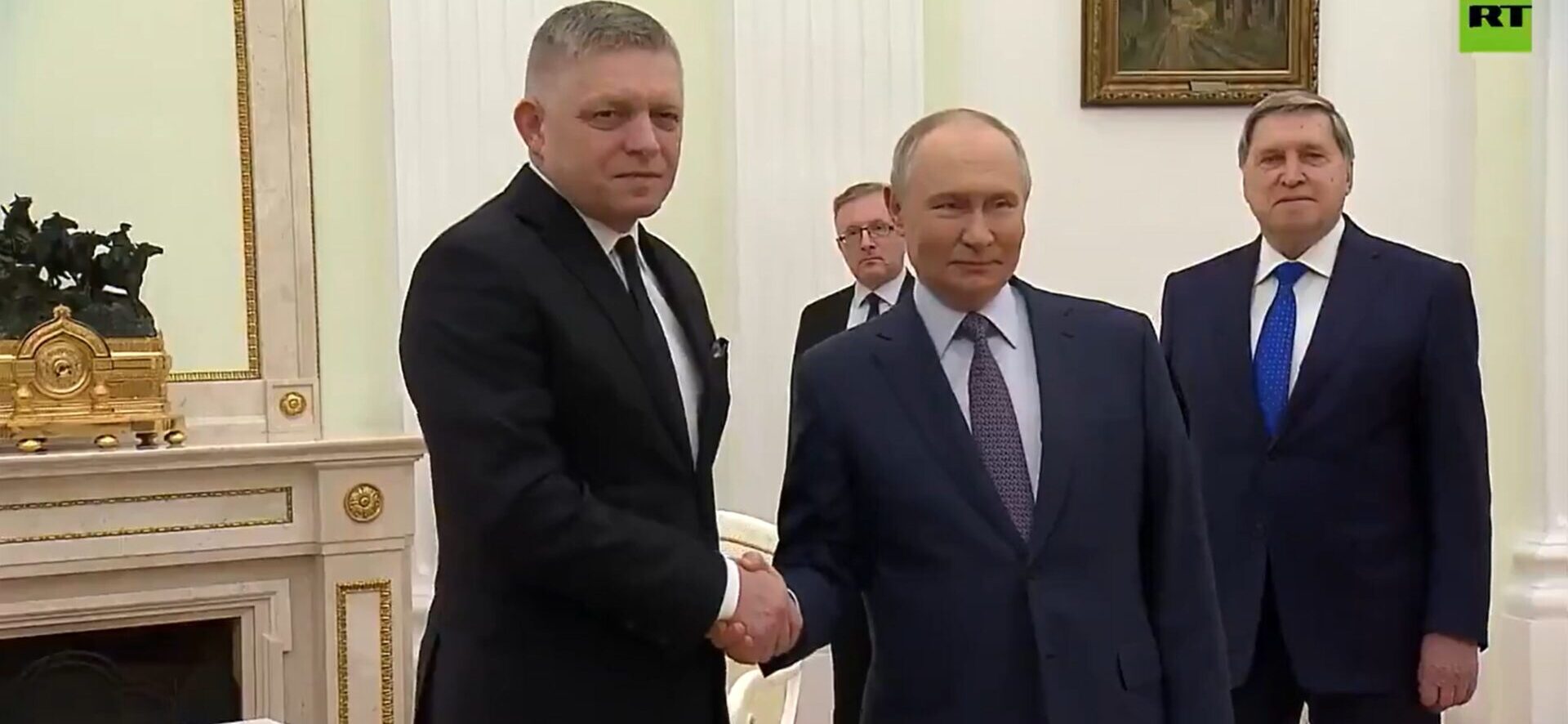
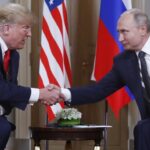
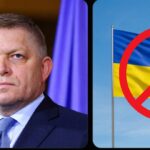
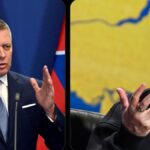
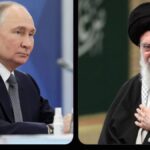
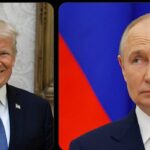
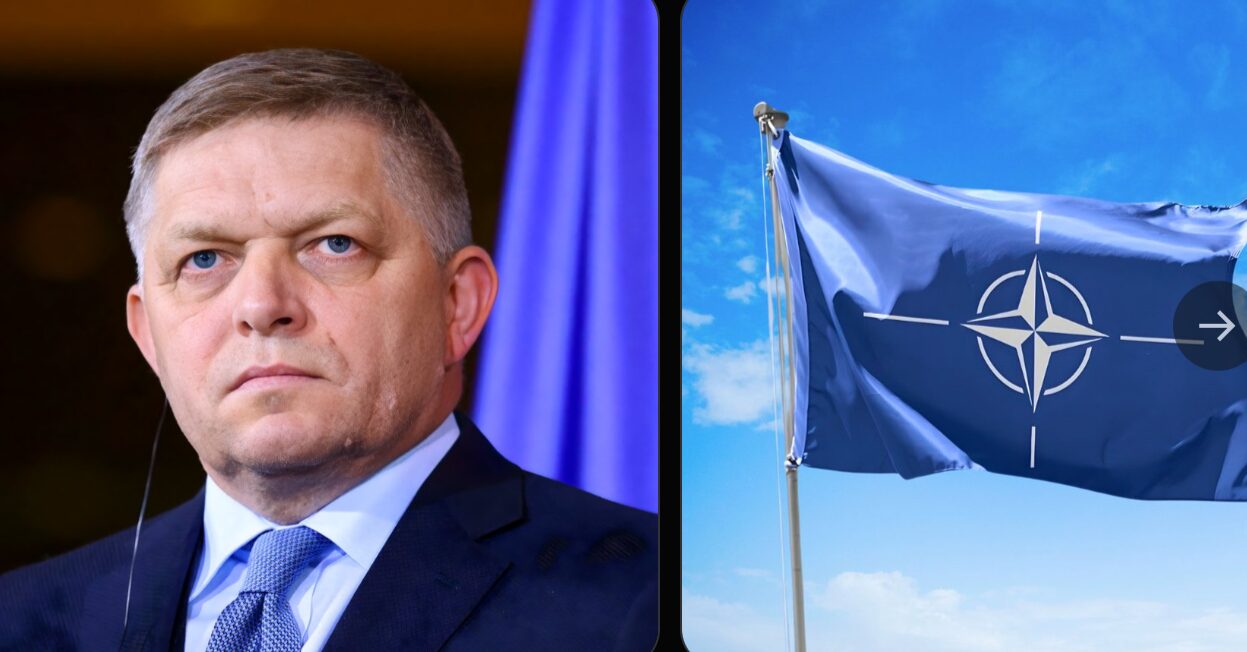
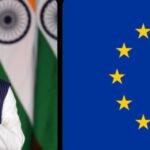
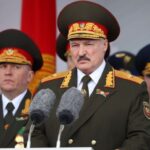

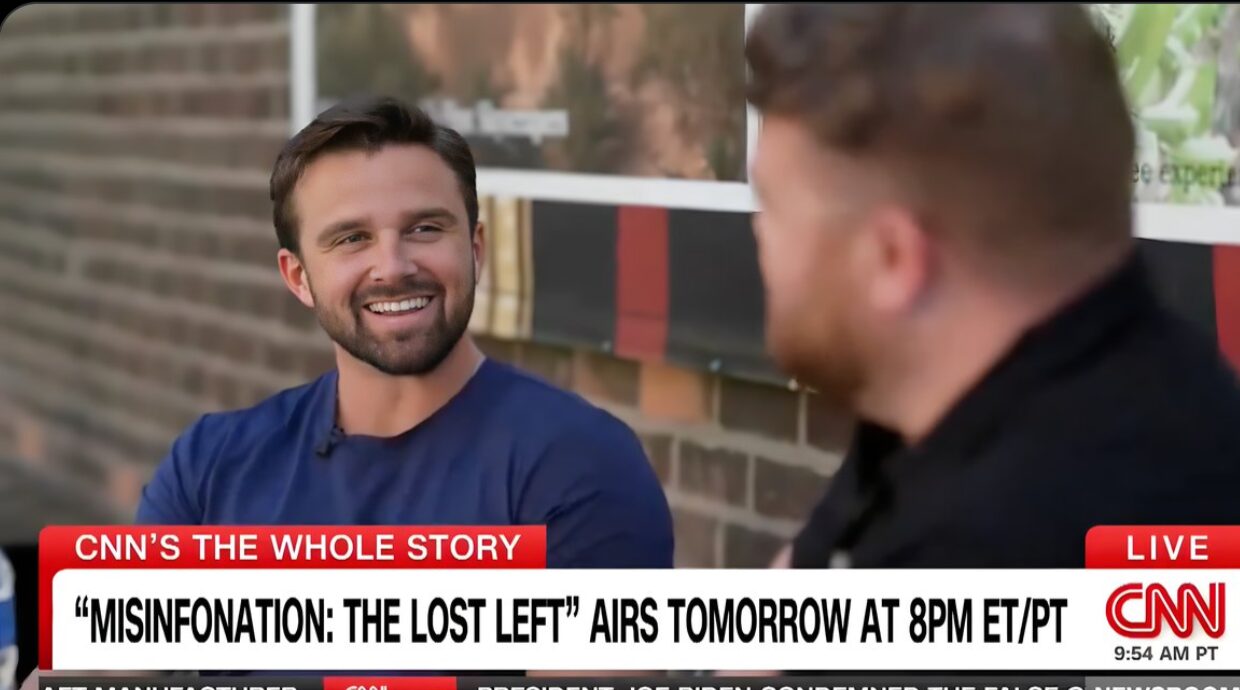
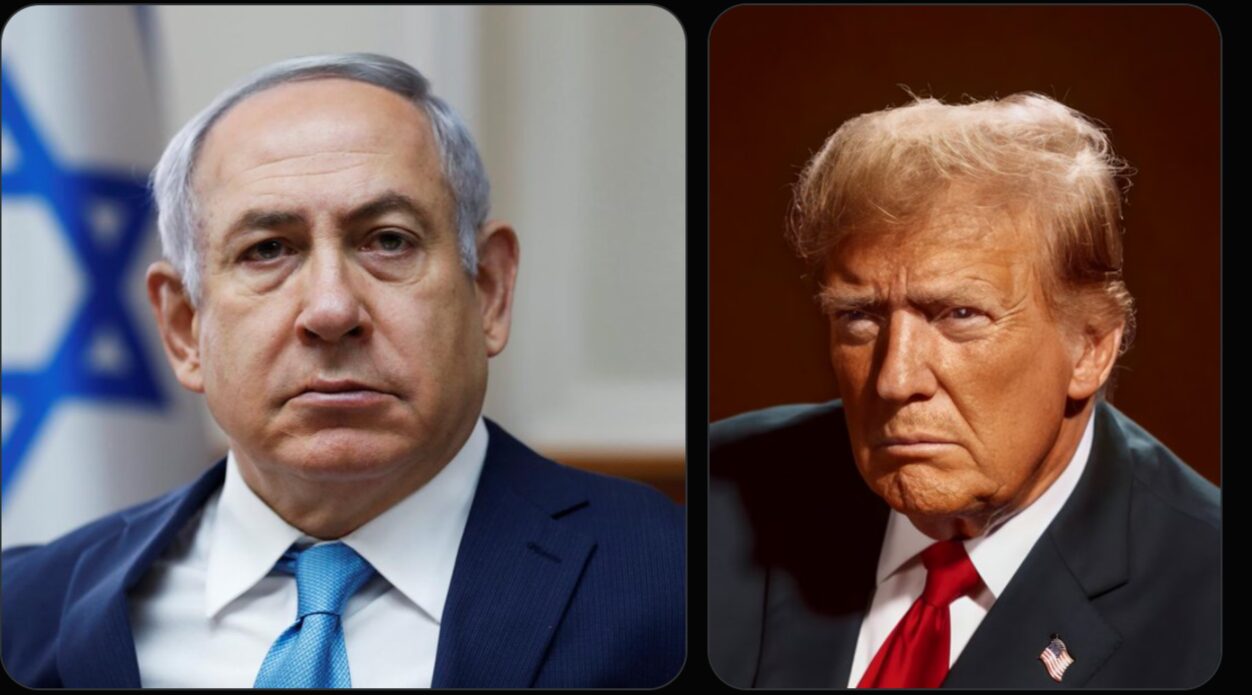





Post Comment